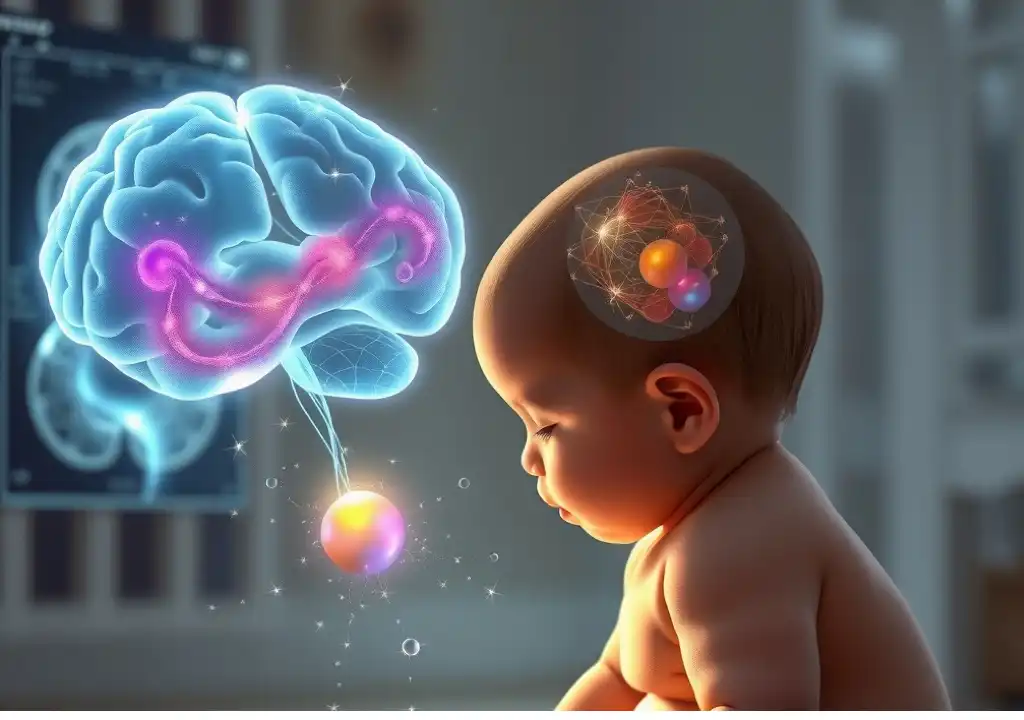Recent research has provided groundbreaking insights into how and when babies begin to form memories, challenging long-held beliefs about early childhood amnesia.
Understanding Infantile Amnesia
Infantile amnesia refers to the common phenomenon where adults are unable to recall memories from the first few years of life. Traditionally, this was attributed to the immaturity of the infant brain, particularly the hippocampus, which is crucial for memory formation. However, new studies suggest that the issue may lie more with memory retrieval than with memory formation itself.Neuroscience News
Key Findings from Recent Studies
A collaborative study by researchers at Yale and Columbia Universities, published in Science, utilized functional magnetic resonance imaging (fMRI) to observe the brains of 26 infants aged between 4 and 25 months. The infants were shown a series of images while their brain activity was monitored. Results indicated that when an infant’s hippocampus was more active upon first seeing an image, they were more likely to recognize that image later, suggesting the formation of a memory .Columbia News
This study is significant as it provides direct evidence that infants as young as 12 months can form specific memories, challenging the notion that early memories are absent due to an underdeveloped hippocampus.
Why Early Memories Fade
Despite the ability to form memories, most adults cannot recall events from their infancy. One hypothesis is that the rapid neurogenesis (creation of new neurons) occurring in the infant brain may disrupt existing memory circuits, leading to the loss of early memories . Additionally, the lack of developed language skills and a coherent sense of self in infants may contribute to difficulties in encoding and retrieving autobiographical memories.
Implications and Future Research
These findings have significant implications for our understanding of memory development and the factors influencing memory retention and retrieval. Further research is needed to explore how early experiences shape cognitive and emotional development, and how some early memories might be preserved or accessed later in life.
Understanding the mechanisms behind infantile amnesia could also inform strategies to support memory development and address memory-related disorders from an early age.

